-
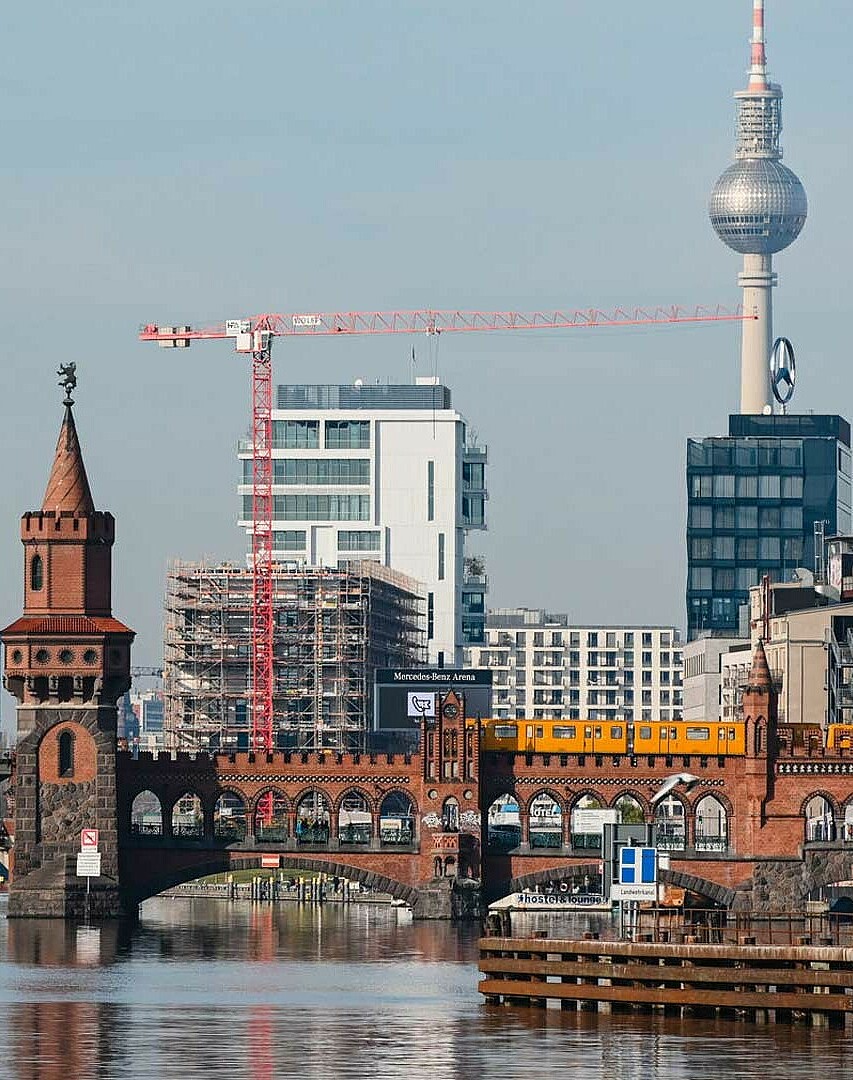
© Berlin Partner/Eventfotografen
10.12.2024UNITE: Fostering Synergies, Accelerating Innovations
The research landscape in Berlin and Brandenburg is excellent but quite fragmented. There is still a lot of untapped innovation potential in the region. UNITE aims to change that: More than 30 universities, colleges, and research institutions from the capital region have joined forces with actors from the economy, associations, and venture capital companies to launch science-based start-ups. The goals are ambitious: Among other things, around 50,000 entrepreneurial talents are to be qualified per year, and the number of spin-offs from the sciences is to be doubled in the next five years. UNITE is one of 15 projects selected by the Federal Ministry for Economic Affairs and Climate Action (BMWK) for the concept phase of the “Startup Factories” lighthouse competition in 2024. In the spring of 2025, it will be decided which concepts will receive financial support from the BMWK for implementation. A prerequisite is that at least 50 percent of the funding is provided by private investors. In the Brain City interview Laura Möller, Director of UNITE and K.I.E.Z. – Artificial Intelligence Entrepreneurship Center, provides insights into the current status of the Berlin-Brandenburg consortium.
Ms. Möller: What makes the UNITE consortium special?
With UNITE, we are developing Berlin-Brandenburg into a leading center for innovations and science-based start-ups in Europe through a concerted effort of over 50 partners from science, business, politics, and society. The number, diversity, and reputation of the participants from the ecosystem are unprecedented – not only in the region but throughout Germany.
How did the consortium and the application for “Startup Factories” get started?
The federal government wants to further develop the promotion of start-ups from the scientific community and create incentives so that more of our excellent research results can be made useful for society in the future. The basic idea behind this is that it can only succeed with a clear economic focus, better networking, and the activation of private investors. An initial idea for UNITE emerged already at the end of 2023. In recent months, more and more interested parties have joined – initially in Berlin. However, numerous partners from Brandenburg quickly joined UNITE as well. Together, we made it to the finalists of the competition. And together, we are currently working on building UNITE.
One of UNITE’s goals is to qualify 50,000 entrepreneurial talents in Berlin per year. How is this supposed to be achieved?
Exactly, we want to inspire more talents to work in and on start-ups, so they choose the entrepreneurial path as an alternative to industry and academia. This also requires changes in the curricula of all study programs, such as more entrepreneurship courses for more potential founders. Digital offerings and the latest peer-to-peer learning approaches will also play an important role in significantly scaling the number of trained individuals.
What advantages do UNITE partners have? And who would you like to address as part of the public-private partnership?
We have a wide range of different partners on board, who certainly have different expectations of UNITE. At its core, our goal is to increase the number and quality of science-based start-ups. On one hand, we aim to preserve the diversity and freedom of research, while on the other hand, we want to eliminate redundancies and inefficiencies. The first step is transparency: Everyone – whether start-ups, investors, companies, or talents – should have easy access to the Berlin-Brandenburg ecosystem. This includes start-up hubs, laboratories, and investor or expert networks.
What locational advantages of Berlin can UNITE particularly benefit from?
In Berlin-Brandenburg we have the best starting conditions. We are already the number one start-up region in Germany. In future, we want to increase the number of science-based start-ups in Berlin and Brandenburg to 365 per year and place a clear focus on deep tech. We will be able to achieve this because we have an excellent talent pool in the region with more than 250,000 students. We also have 30,000 scientists and millions of alumni.
The quality of the funded start-ups is also to be improved. With what measures?
We need better entrepreneurship education at university - ideally at school. People interested in founding a company should know as early as possible what is necessary for a successful start-up. In any case, this knowledge also serves as a tool for greater self-efficacy - regardless of which career path is chosen. In addition, more programmes are needed in the early phase, such as the K.I.E.Z. Bridge-to-Market program. Here, scientists can take part in a six-month program even before incubation to find out whether the technical and economic conditions are in place to convert their research results into a product. And also whether there is a relevant demand in the market. UNITE also offers a great opportunity for founder matching. In addition to outstanding medical and technical universities, we also have universities in the region with excellent training in business administration. UNITE will enable us to better bring together young talent from different disciplines in the future.
What challenges are scientific spin-offs currently struggling with in particular?
There is a lack of broad activation of start-up potential in the scientific community because students and researchers hardly receive any entrepreneurship training. The interest in founding a company usually arises from their own initiative. However, this alone is not enough to keep up with the race for innovation leadership in the long term or to reach the top as a location. Scientists also have high opportunity costs when they venture into founding a company. This is because in research, the focus is typically on an academic career or well-paid jobs elsewhere in the economy. Measures are therefore needed to awaken the entrepreneurial spirit and make founding a start-up attractive.
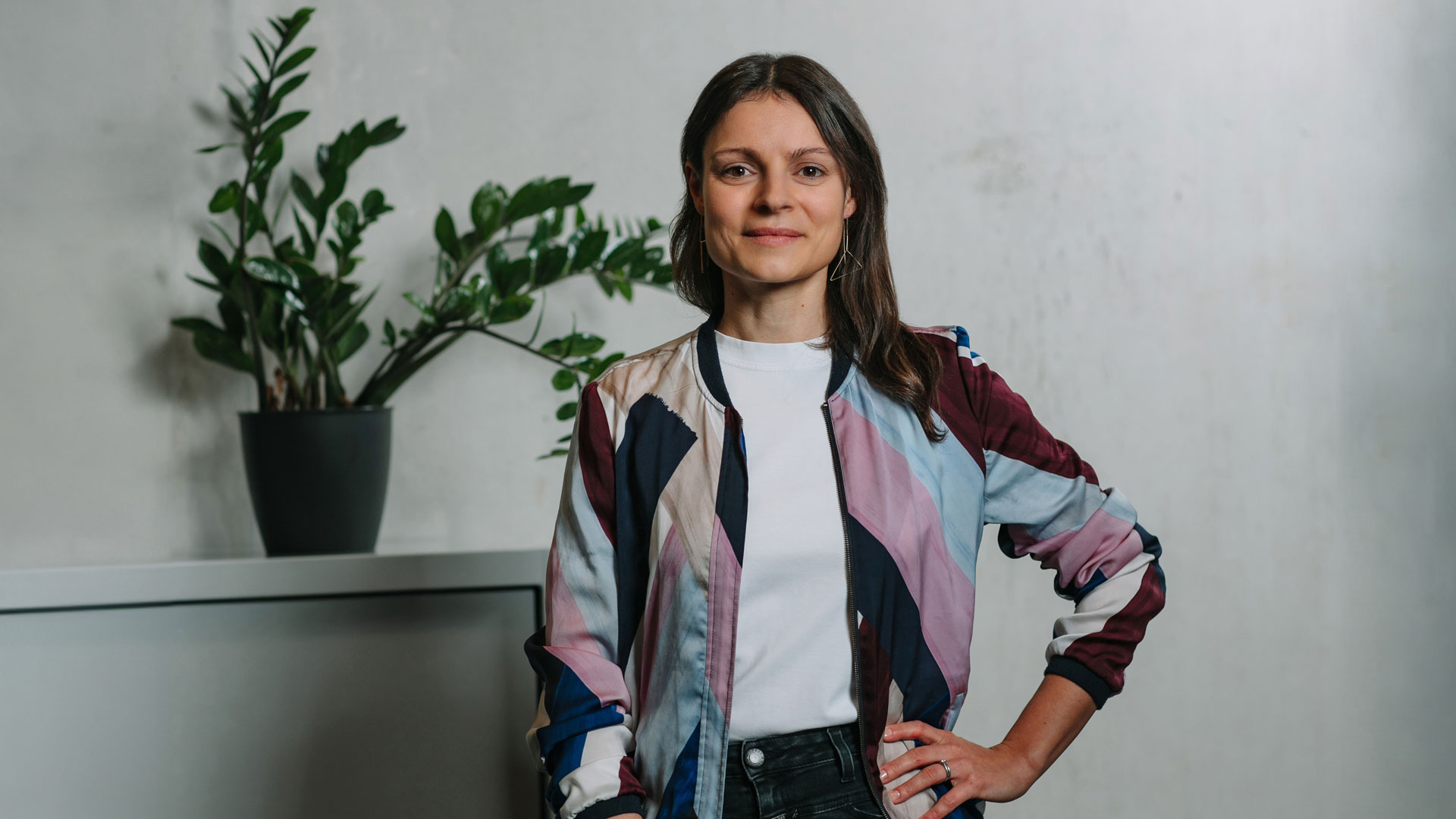
What specific measures would make it easier for scientists to start a business?
A key issue is the transfer of rights to research results to start-ups. We need clear rules and processes here in order to equalise the imbalance of power between research institutions and founders and to achieve a fair balance. And we need to do this without cutting start-ups off economically right from the start and making them unattractive to investors. Start-ups also tell us about problems with issuing visas to foreign employees and numerous bureaucratic hurdles, for example when applying for funding. In Germany, we all too often slow ourselves down here.
How were the UNITE fields of action AI, quantum computing, health and impact selected? Impact selected?
Our aim is to occupy key future fields that are highly relevant to the economy and society and in which Berlin-Brandenburg is already strong today. We want to be recognisable both nationally and internationally with a clear profile.
A decision on which concepts will be funded by the BMWK will be made in spring 2025. What happens if the start-up funding is not approved?
The ordinance on the concept phase is currently being coordinated within the federal government. We have not yet received a binding date for the submission of the concept. However, UNITE has already released a lot of energy to make Berlin-Brandenburg the largest start-up centre in Europe. We will definitely capitalise on this momentum. Of course, we would prefer to receive support from the private sector as well as from the Federal Ministry of Economics. On the one hand, we have good use for the government start-up funding. On the other hand, we can increase our visibility if we emerge from the competition as one of the winning projects.
You are not only Managing Director of UNITE, but also Director of the K.I.E.Z. initiative - to what extent do you bring the two projects together in this dual position?
The Artificial Intelligence Entrepreneurship Centre - K.I.E.Z. for short - is supported by Science & Startups, the network of start-up services at Freie Universität Berlin, Technische Universität Berlin and Humboldt-Universität zu Berlin as well as Charité - Universitätsmedizin Berlin to support science-related AI start-ups. Over the past three years, we have already been able to support over 100 start-up teams. We are a bridge builder between science and business - and so far with a strong focus on Berlin and AI. If you like, K.I.E.Z. is the ‘proof of concept’ that the joint endeavour of many partners can work. And this is exactly what we now want to realise ‘at scale’ at UNITE with even more partners from science, business and society. Let's UNITE!
Interview: Ernestine von der Osten-Sacken


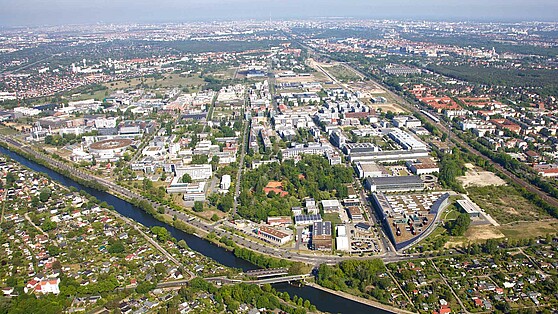
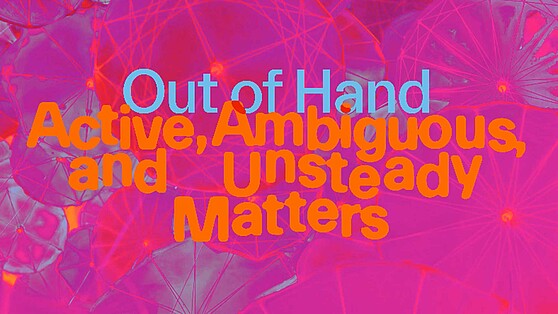

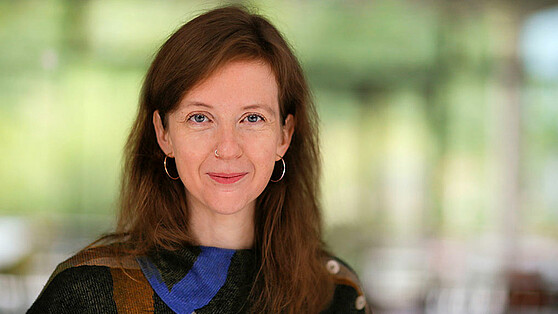

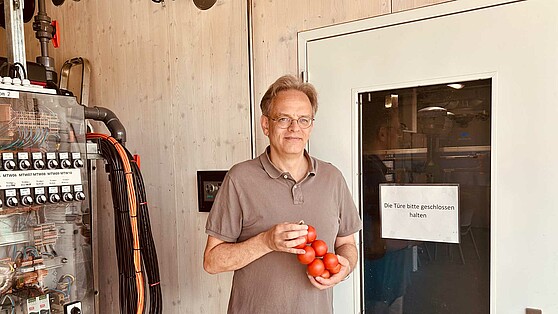







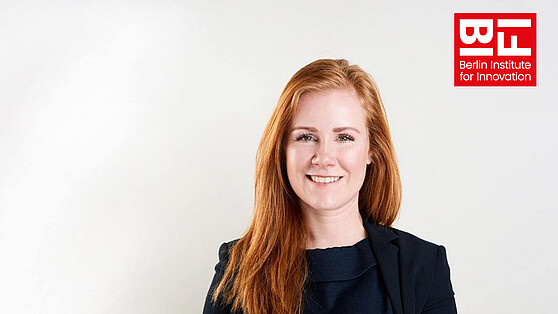











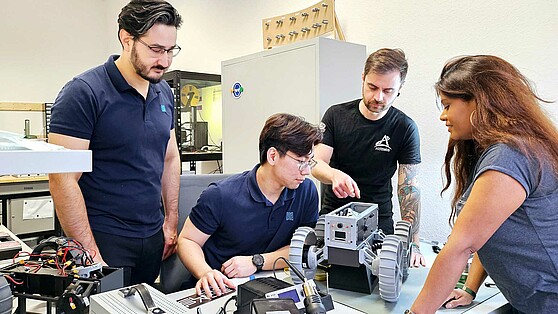




































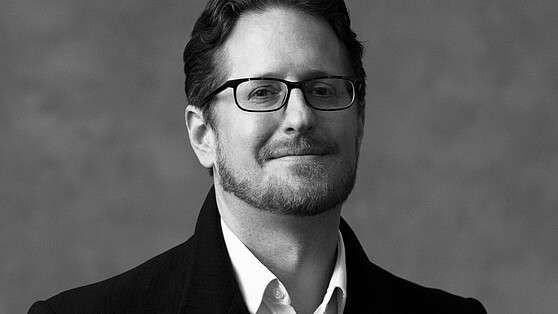




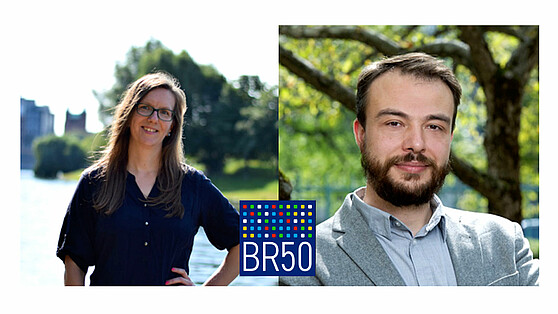










































![[Translate to English:] [Translate to English:]](/fileadmin/_processed_/9/d/csm_bwasihun-vdo_558x314_c0d384ce60.jpg)
![[Translate to English:] Berlin University Alliance/Matthias Heyde [Translate to English:]](/fileadmin/_processed_/5/a/csm_Berlin_University_Alliance_Matthias_Heyde-558x314_4bc591ca3c.jpg)
![[Translate to English:] David Ausserhofer/IGB [Translate to English:]](/fileadmin/_processed_/6/f/csm_Hupfer__Michael_____R__David_Ausserhofer_588x314_6fef164e57.jpg)
![[Translate to English:] Helena Lopes / Unsplash [Translate to English:]](/fileadmin/_processed_/b/6/csm_helena-lopes-1338810-unsplash_558x314_857802ad2f.jpg)
![[Translate to English:] HZB/M. Setzpfandt [Translate to English:]](/fileadmin/_processed_/f/a/csm_LNDW_HZB_558x314_e1e3500ed5.jpg)
![[Translate to English:] Tim Landgraf [Translate to English:]](/fileadmin/_processed_/0/7/csm_Car2CarEnergySharing_Tim_Landgraf_558x314_485bf716e9.jpg)
![[Translate to English:] [Translate to English:]](/fileadmin/_processed_/b/6/csm_Open-Access_Berlin-Partner_Wu__stenhagen_558x314_dd0c6e714d.jpg)
![[Translate to English:] Thomas Rosenthal - Museum für Naturkunde Berlin [Translate to English:]](/fileadmin/_processed_/6/d/csm_Museum_fu___er_Naturkunde_Berlin_Thomas_Rosenthal_f11b8ba056.jpg)
![[Translate to English:] [Translate to English:]](/fileadmin/_processed_/f/c/csm_TU_Berlin_Cem_Avsar_558x314_4b07bcb055.jpg)